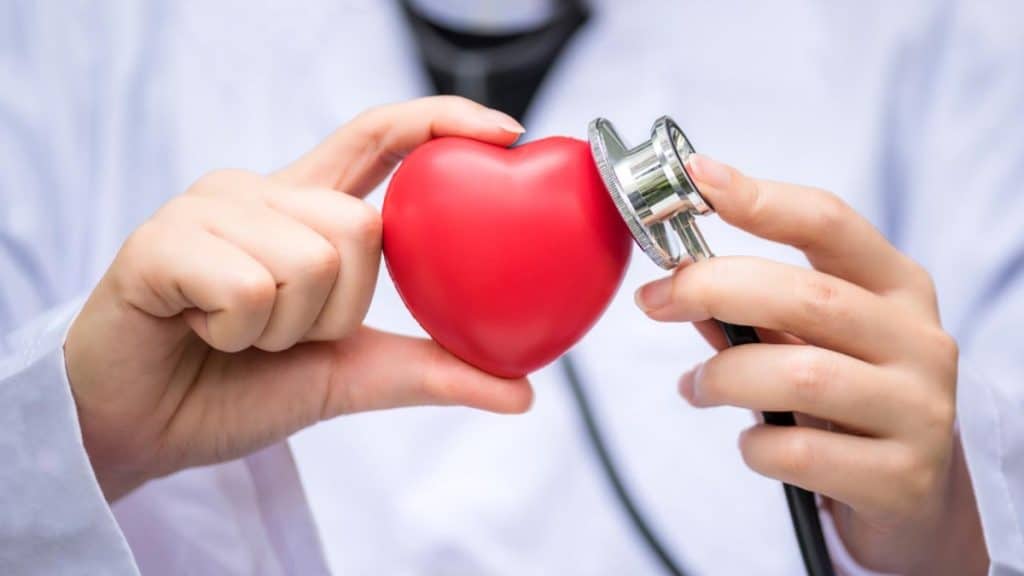Heart health is paramount to longevity and a high quality of life, but knowing when symptoms signal a real problem can be challenging. Given how critical early intervention is in cardiology, recognizing the right time to see a specialist can save lives. Several indicators should prompt a visit to the cardiologist, from persistent chest pains to unexpected swelling. Below, we outline the telltale signs that should catch your attention and the scenarios that mandate immediate medical assistance. Keep reading to ensure you’re informed about these vital health cues.
Recognizing Unusual Chest Pain and Discomfort

Chest pain, a common symptom of cardiac distress, can range from mild discomfort to severe pain. It’s often described as a crushing or burning sensation that may radiate to the arm, shoulder, or jaw. While chest pain can be caused by non-cardiac issues such as indigestion or anxiety, it should never be dismissed, especially if it’s a new symptom or lasts longer than a few minutes.
The quality of the pain can give clues to its origin; cardiac pain is frequently persistent and may be accompanied by nausea, or dizziness. Pay attention to whether the pain worsens with physical activity or eases with rest, as this is a hallmark of angina, which is related to heart disease. If chest discomfort is recurrent, it’s wise to seek a cardiologist’s opinion. You can easily find a cardiologist in your area by searching online for the ‘best cardiologist in Los Angeles‘ if you’re in LA, or adjust the location to your desired area.
Women especially should be alert, as they can experience chest pain that’s less typical than the classic ‘elephant on the chest’ description. Their cardiac discomfort might feel more like sharp, burning sensations, and can be easily mistaken for non-cardiac pain.
Shortness of Breath and Fatigue as Cardiac Signals

Feeling winded after engaging in physical activity can be normal, but when shortness of breath occurs suddenly or during routine activities it can be a red flag. This symptom, especially when coupled with fatigue, may indicate heart failure, arrhythmia, or coronary artery disease. Frequent episodes of breathlessness should prompt a review from a cardiologist.
Unexpected fatigue or weakness, particularly in women, could be a sign of a heart attack in its early stages. This type of exhaustion isn’t relieved by rest and is unexplained by other factors, such as increased physical activity or lack of sleep. Don’t overlook these symptoms; your body may alert you to a problem.
For those with existing heart trouble, a sudden increase in fatigue or breathlessness may signal a worsening condition. Chronic obstructive pulmonary disease (COPD) may also manifest similar symptoms, so getting a proper evaluation from a heart specialist is crucial to distinguishing between cardiovascular and respiratory issues.
While fatigue and breathlessness can have many origins, they should not be ignored when persistent and unexplained by other health conditions. Documenting episodes and consulting with a cardiologist can lead to early detection of heart disease and better outcomes.
Immediate Action for Heart Attack Symptoms and Severe Cardiac Events
When heart attack symptoms such as intense chest pain, extreme fatigue, or sudden dizziness occur, it’s critical to call emergency services immediately. These symptoms may indicate an acute myocardial infarction, where quick intervention can be lifesaving. Waiting to see if the symptoms pass can be a fatal mistake.
Severe palpitations, chest discomfort that spreads to the back, neck, or arms, and intense, unexplained anxiety are additional reasons to seek emergency care. These symptoms might also signal a possible heart attack or even aortic dissection, a rare but serious condition where the main artery leading from the heart splits.
When symptoms coincide with risk factors such as a family history of heart disease, high blood pressure, diabetes, or smoking, the need for prompt action is even more critical. Knowing your risk factors and recognizing when symptoms depart from your normal health status can make all the difference.
In events where one experiences a collapse or sees someone else collapse and become unresponsive, immediate CPR and defibrillation, if available, should be initiated. In severe cardiac events, every minute counts, and bystander intervention can provide a bridge until medical professionals arrive.
Altogether, understanding when to seek the help of a cardiologist or when to take immediate action can safeguard your health and potentially save a life. Paying attention to symptoms and acting without delay when severe cardiac events are suspected is essential. Respecting these signals and seeking expert insight ensures the best possible outcomes for heart health.

